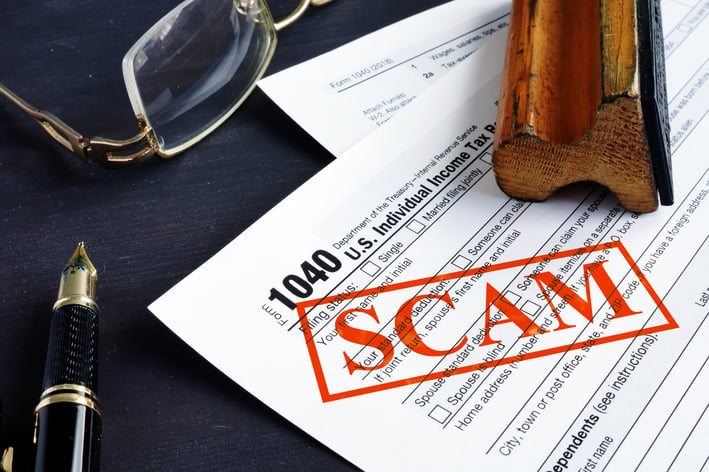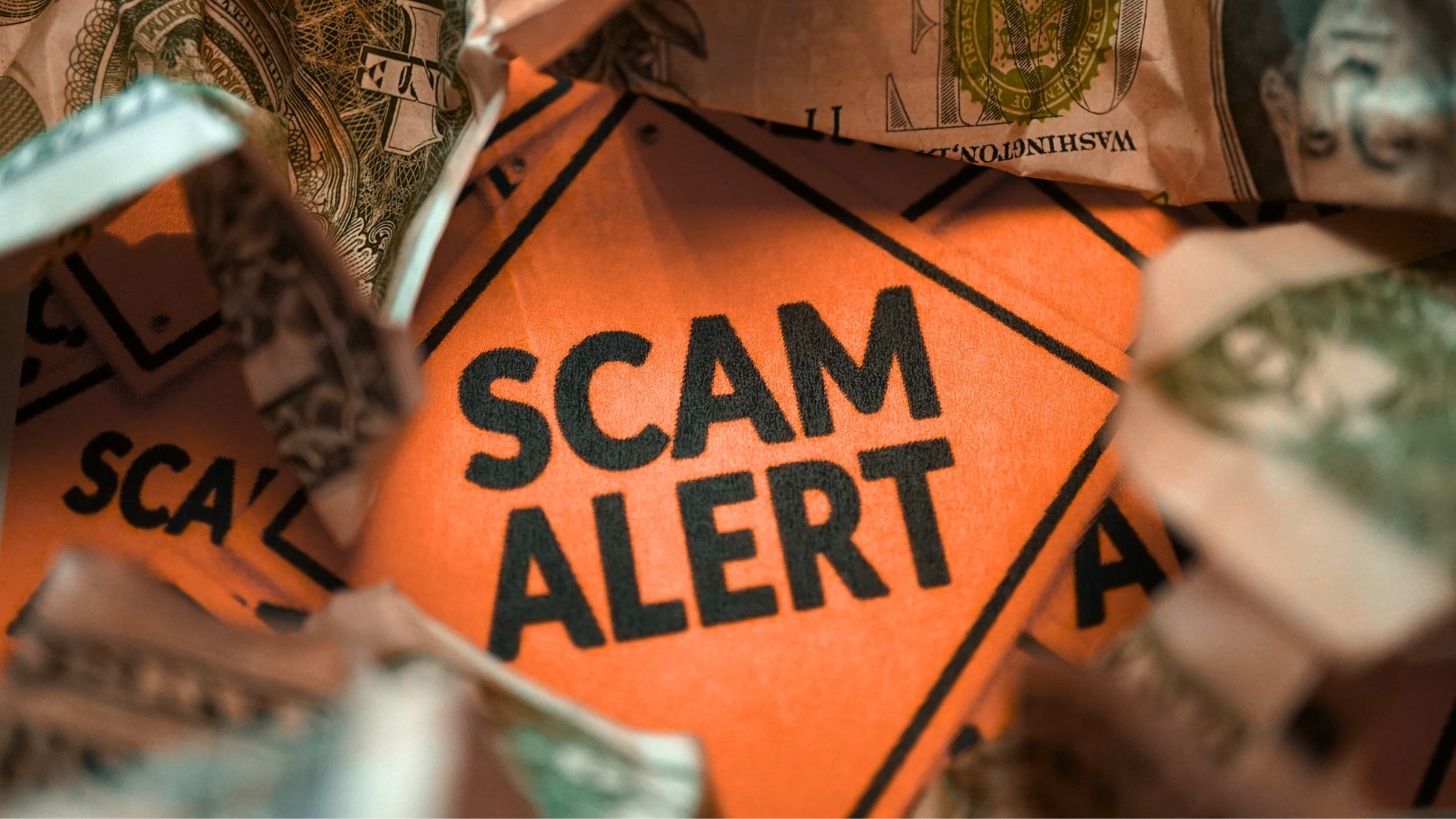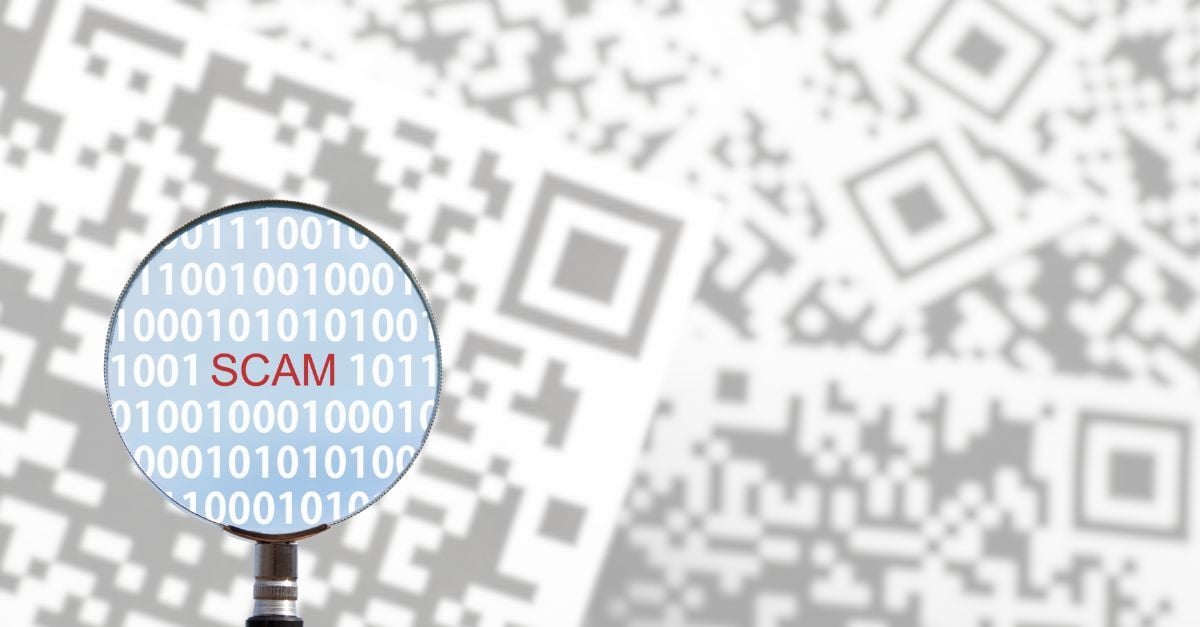
Tax season is just around the corner, which means cyber criminals may be impersonating IRS officials in person, over the phone or via email. It's important to understand how and when an IRS representative will contact you, and whether that representative is an IRS employee.
Beware of Impersonations
-
Demand immediate payment using a specific payment method like a gift card, prepaid debit card or wire transfer. The IRS will mail several "notices" to a taxpayer who owes taxes through the United States Postal Service before contacting a taxpayer in person or over the phone.
-
Demand that you pay taxes without the opportunity to question or appeal the amount they say you owe. Be sure you understand your rights as a taxpayer.
-
Threaten to involve police officers, immigration officers or any other law enforcement officials to have you arrested or deported for not paying your tax bill. The IRS cannot revoke your driver's license, business license or immigration status. These are common scare tactics an IRS impersonator will use to trick their victims.
Verifying an IRS Official's Identity
If an IRS official visits you, the official will offer 2 forms of identification called a pocket commission and a HSPD-12 card. An HSPD-12 card is a government-wide standard for secure and reliable forms of identification for federal employees and contractors. You have a right to ask for these forms of identification before speaking with the representative. If you'd like to verify the information yourself, the IRS official must provide you with a dedicated IRS phone number used for verifying and confirming their identity.
Collection
If you have an unpaid tax bill, an IRS collection employee or private collection agency may call you or come to your home or business unannounced, but only after a written notice has been sent through the United States Postal Service first. Neither the IRS employee or private agency will demand immediate payment or payment on a prepaid debit card or gift card. Payments by check should payable to the U.S. Treasury and sent directly to the IRS. Payments will never be made directly to the IRS collection employee or private collection agency. Learn about payment options at https://www.irs.gov/payments.
Audits
IRS employees who are conducting an audit may call to set up an appointment to discuss items with the taxpayer, but not without attempting to contact them by mail first. Learn more about the audit process here.
Criminal Investigations
IRS criminal investigators may visit a taxpayer's home or business unannounced while conducting an investigation. However, these law enforcement agents will not demand any sort of payment, and are required to show federal identification first.
Who to Contact
To report a phone scam, call the Treasury Inspector General for Tax Administration at 800-366-4484, and visit the Federal Trade Commission at ftc.gov. Report any unsolicited emails from the IRS to the IRS at phishing@irs.gov.
Protect Yourself with the Basics of Cybersecurity
We are committed to protecting your from scams and identity theft. Cybercriminals are constantly evolving so it's important to take a few simple, extra steps to protect your digital devices and your personal, financial data online and at home. Download a cheat sheet with steps you can take to protect yourself from scammers and identity thieves.

Cindy is a Senior Vice President / Operations Director for Heartland Bank. She graduated with a Bachelor of Science in Computer Science from the University of Nebraska-Lincoln. Outside of the bank, Cindy enjoys spending time with her family and going to garage sales and flea markets.


-4.png)

-3.jpg)
.png)
.png)

-2.jpg)
-2.jpg)

-3.jpg)
-1.png)
.png)
